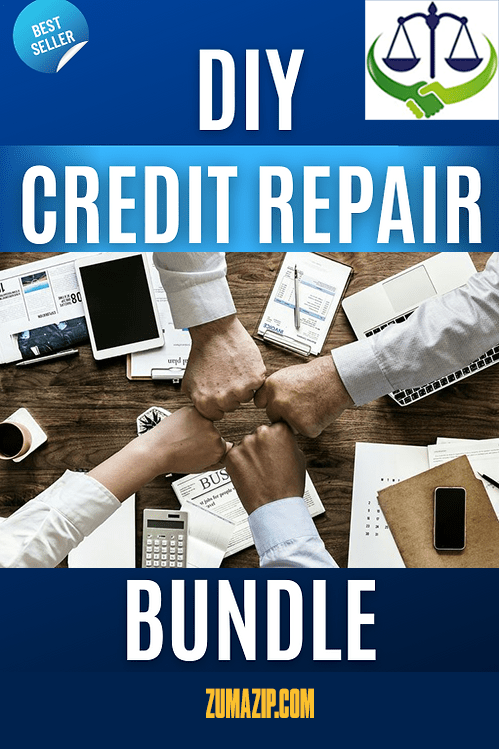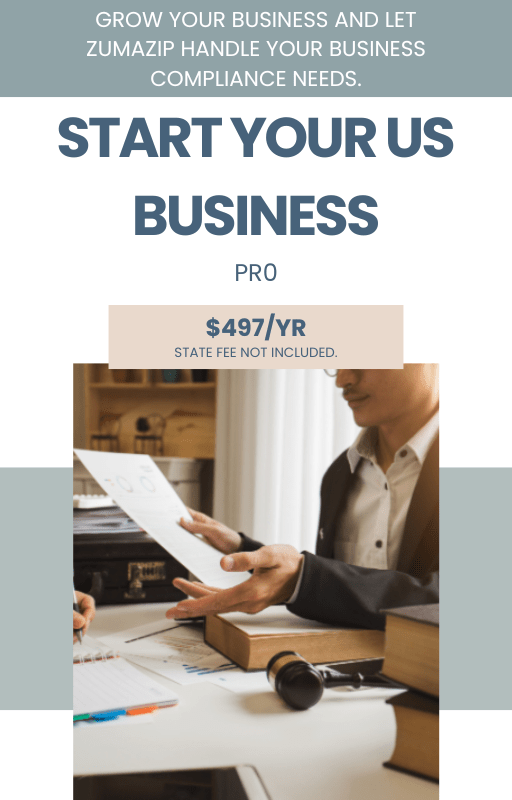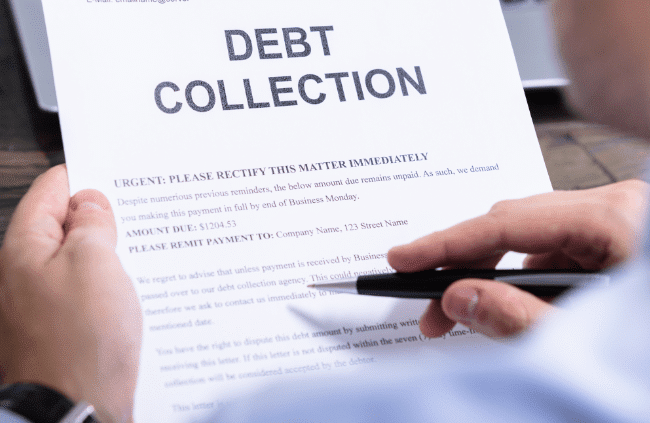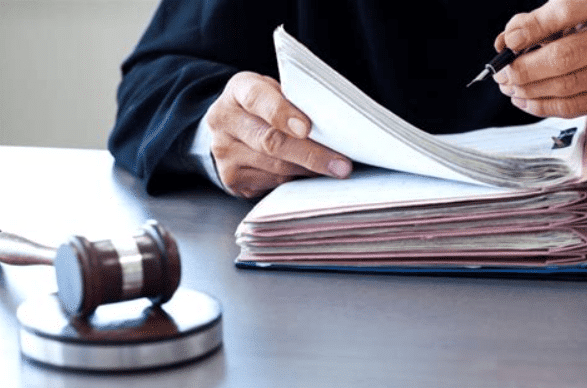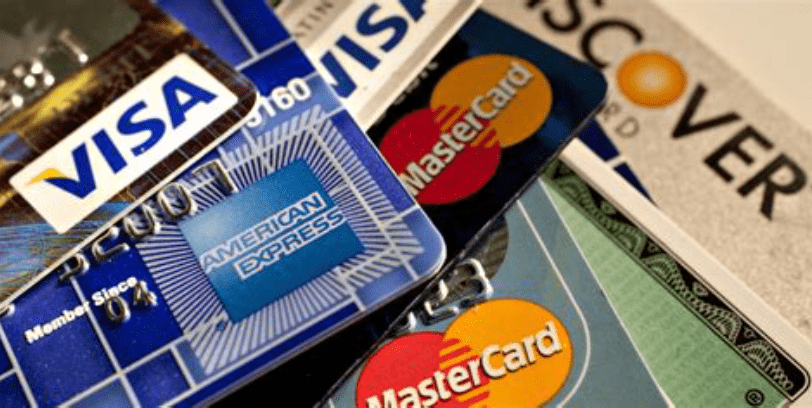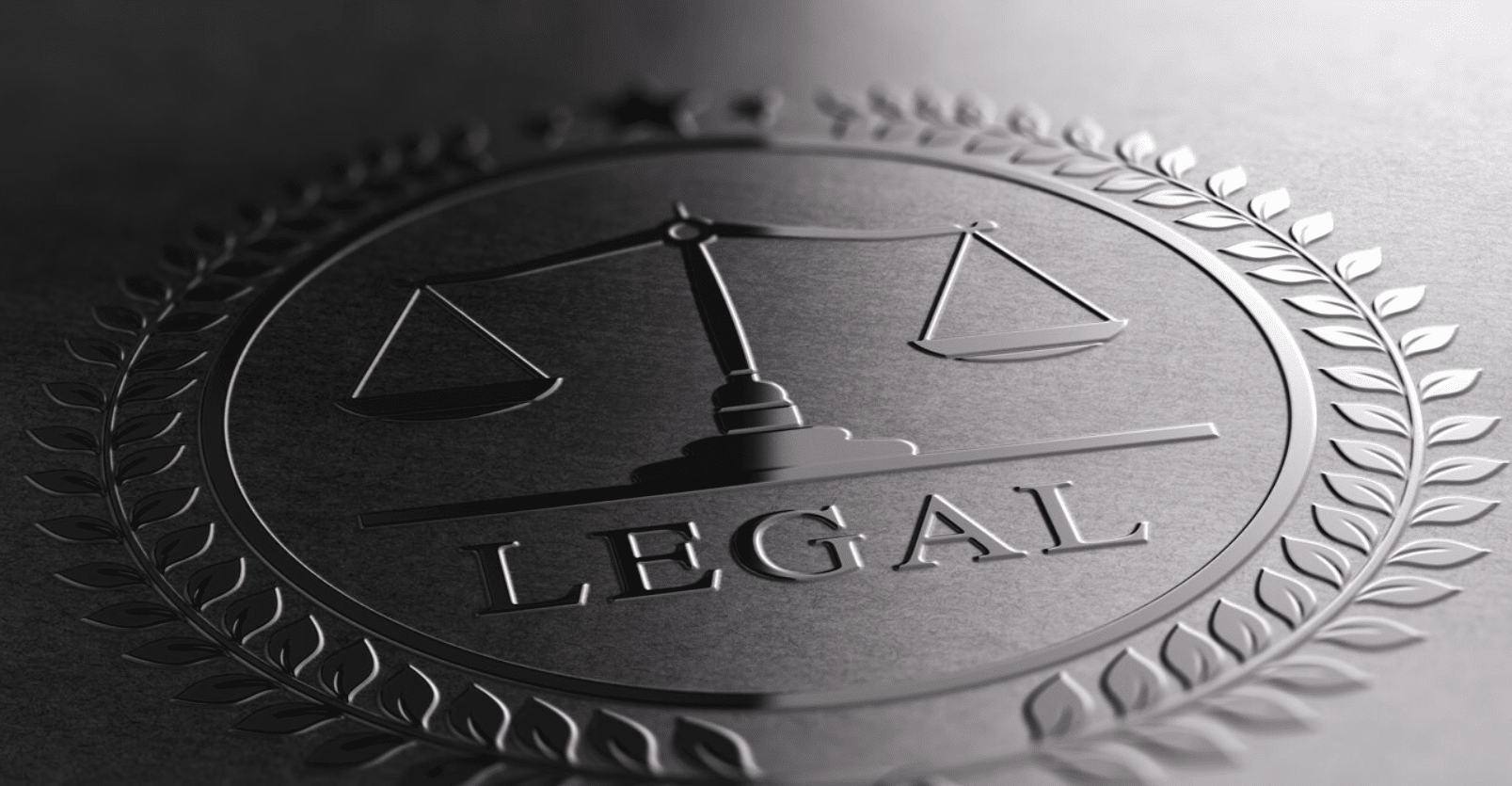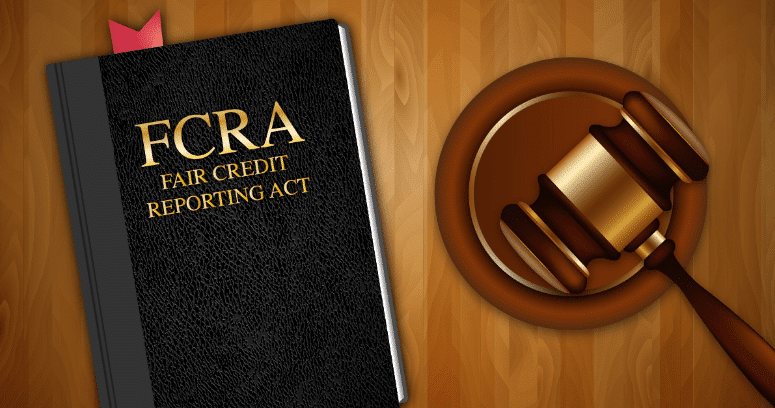Virginia debt collection laws provide essential protections for consumers by regulating the actions that creditors and debt collectors are permitted to take in pursuit of owed funds. Additionally, federal law offers supplementary safeguards against abusive debt collection practices. If you are facing a debt lawsuit in Virginia, ZumaZip.com offers assistance in asserting your rights and resolving your debt prior to legal proceedings.
Within the realm of debt collection, creditors often employ coercive methods to capitalize on a consumer’s vulnerable position and limited understanding of debt matters in order to secure payment. Left unaddressed, debt collectors can engender fear and exploit their advantageous position to subject consumers to ongoing stress.
Fortunately, Virginia’s debt collection laws serve to shield consumers from harassment and intimidation. These laws establish parameters regarding the timing, manner, and duration of creditor communications related to outstanding debts. Furthermore, clear penalties are delineated for debt collectors found to be mistreating consumers.
This article aims to delve into the intricacies of Virginia’s debt collection laws and equip readers with the knowledge needed to respond effectively when their rights are violated by debt collectors.
Sued for debt in Virginia? Use ZumaZip Settle to settle your debt before going to court.
What laws protect consumers from debt collectors in Virginia?
Virginia has laws in place to protect consumers from unprofessional practices by debt collectors. These laws include:
Virginia Consumer Protection Act
The VCPA serves to protect consumers from fraudulent practices committed by suppliers of goods and services. Some prohibited activities include:
- Suppliers are prohibited from misrepresenting goods and services as those of another.
- Misrepresenting the affiliation or association with the supplier
- Misrepresenting the geographic origin of goods
- Misrepresenting the quantity, benefits, characteristics, or ingredients of a product
- Advertising goods that are second-hand, defective, seconds, or irregular without clearly marking that the goods are not first-class
- Making misleading or false statements concerning the reasons for, or amount of, price reductions
Virginia Consumer Finance Act
Consumer finance companies must be licensed by the state of Virginia, undergo a rigorous vetting process, and maintain compliance with the terms of the VCFA.
These laws cover various requirements, such as how a debt collector should communicate and when and how long they can follow up on a debt. Let’s look at some specific laws.
Prohibition of deceptive acts
Va. Code Ann. § 18.2-213 prohibits debt collectors from using any type of simulated legal document in an effort to collect a debt. Sending simulated legal documents such as Writs, Warrants, Notice of Liens, or a Notice of Motion for Judgment is a Class IV misdemeanor. Simulated legal documents manipulate information to depict a consumer will encounter untruthful and severe consequences for not paying.
How to disclose debt information
When contacted by a debt collector, it is legally mandated that they provide sufficient debt information prior to any payment considerations. They are also required to respond to any requests for debt validation, such as a Debt Validation Letter, wherein you can request further details about the debt. The information debt collectors are required to share includes:
- A breakdown of the debt amount
- The original creditor’s name
- A statement saying you can dispute the debt if you find discrepancies
- Another statement indicating they will provide more information about the debt if you require it
The law requires the creditor to respond to the Debt Validation Letter with a written notice within five days of initiating communication.
In Virginia, debtors can seek damages and other legal remedies when debt collectors violate their consumer rights (in any of the five categories listed above). You can take action against them by reporting to various consumer protection organizations, including the Federal Trade Commission, or you can file a lawsuit against them.
Wage garnishment
Virginia debt collection laws allow creditors to garnish your wages, but they can only take 25% of your income after the mandatory deductions. If the debt collector quotes a higher amount, you can file an objection or file for an exemption. The Virginia garnishment law favors consumers, and the courts modify the garnishment order when you present your facts well.
Virginia statute of limitations on unpaid debt
Virginal Code (VA Code § 8.3A-246) protects consumers from being sued for a debt their entire life. It only allows creditors to sue for credit card debt and debts acquired via a written contract for five years. Additionally, they have three years to sue for oral contracts and open accounts debt, while an auto debt collector has four years to file a lawsuit against you. After the time expires, they can only follow up on the debt using other means but not via the court.
The table below further outlines the statute of limitations on debts in Virginia:
| Debt Type | Deadline |
|---|---|
| Open Contract | 3 years |
| Oral Contract | 3 years |
| Credit Card | 5 years |
| Medical | 5 years |
| Auto Loan | 5 years |
| Student Loan | 5 years |
| Mortgage | 5 years |
| Personal Loan | 5 years |
| Judgment | 10 years |
| Va. Code § 8.01-246 and § 8.01-251 |
How does the Federal Debt Collection Practices Act protect consumers?
The Federal Debt Collection Practices Act is a national debt collection law that controls debt collectors’ actions in all states. Virginia borrows heavily from the FDCPA laws and regularly refers to it in some sections. Below, we’ll give you a brief breakdown of some of the rules and regulations that debt collectors must follow under the FDCPA.
- Debt collectors cannot call you before 8 a.m. or after 9 p.m.
- If you have an attorney representing you in a debt collection case, debt collectors must only communicate with the attorney.
- Debt collectors cannot use profanity, threats, or any type of harassing language to coerce you to pay off a debt.
- Debt collectors must disclose who they are and the company they work for each time they contact you.
- Debt collectors cannot pretend to be associated with any government or legal enforcement agencies.
- Debt collectors cannot lie about who they are, including their abilities to sue you if they cannot or do not play to do so.
- Debt collectors cannot discuss your debt with anyone but you, your attorney, your creditor and their attorney, or a consumer reporting agency.
These are some of the most common FDCPA violation, but note that there are dozens of other ways debt collectors can violate the FDCPA in Montana. Plus, it’s important to note that FDCPA also supports state-specific laws, as outlined in § 816:
“This subchapter does not annul, alter, affect, or exempt any person subject to the provisions of this subchapter from complying with the laws of any State with respect to debt collection practices, except to the extent that those laws are inconsistent with any provision of this subchapter, and then only to the extent of the inconsistency. For purposes of this section, a State law is not inconsistent with this subchapter if the protection such law affords any consumer is greater than the protection provided by this subchapter.”
Steps to take after a debt collector violates your rights
As we have seen, debt collection laws allow you to take action against a creditor who violates your rights. The steps to take to ensure you receive fair and just treatment are as follows:
- Keep a record of the violation by writing when and how the debt collector contacted you, the language they used, and how they violated your rights.
- Next, contact the debt collector, inform them of the violation, and ask them to correct the mistake, or you will take action against them. If they agree, stop the action at this stage. If they ignore your request, proceed to step three.
- Submit a complaint to the Virginia Attorney General’s office and consumer protection organizations such as the Federal Trade Commission, Consumer Finance Protection Bureau, and the Better Business Bureau.
- Dispute the debt if the creditor entered an inaccurate debt on your credit report and any attempts to ask them to correct it have failed to bear fruit.
- File a lawsuit against the debt collector if the above methods fail to yield desired results. However, ensure you have evidence to prove your case before a judge or jury.
SoloSuit can help you manage your debt at any stage of the collection process. We have various documents and a wealth of applicable information on our blog and YouTube page to help you stop debt collector’s calls, force a lawsuit out of court, respond to a lawsuit, and settle your debt using ZumaZip Settle.
What is ZumaZip?
ZumaZip is a convenient solution designed to streamline your response to a debt collection lawsuit. Here’s a breakdown of what you can expect when you use ZumaZip:
Firstly, you’ll access our user-friendly web application, which guides you through the process step by step. You’ll be prompted to answer a series of questions related to your specific situation. Once you’ve completed the questionnaire, you have the option to either print out the finalized forms and mail them to the appropriate courts yourself, or you can opt to utilize ZumaZip’s services to file them on your behalf. Additionally, if you choose this option, an attorney will review your document for added peace of mind.
If you’re seeking guidance on how to effectively respond to a debt collection lawsuit, ZumaZip can provide the assistance you need. Feel free to explore our FAQs for more information on what ZumaZip has to offer.
What if I haven’t been sued yet?
If you’ve only received a collections notice, but not a lawsuit, the best way to respond is with a Debt Validation Letter. When a debt collector contacts you in any way, whether it’s by phone or mail, you can respond by formally requesting a debt validation with a Debt Validation Letter . This letter notifies the collector that you dispute the debt and forces them to provide proof you owe the debt. They can’t call you or continue collecting until they provide validation of the debt. This flowchart shows how you can use a Debt Validation Letter to win.
Get started with a Debt Validation Letter here.
How to Answer a Summons for debt collection in all 50 states
Here’s a list of guides on how to respond to a debt collection lawsuit in each state:
- Alabama
- Alaska
- Arizona
- Arkansas
- California
- Colorado
- Connecticut
- Delaware
- Florida
- Georgia
- Hawaii
- Idaho
- Illinois
- Indiana
- Iowa
- Kansas
- Kentucky
- Louisiana
- Maine
- Maryland
- Massachusetts
- Michigan
- Minnesota
- Mississippi
- Missouri
- Montana
- Nebraska
- Nevada
- New Hampshire
- New Jersey
- New Mexico
- New York
- North Carolina
- North Dakota
- Ohio
- Oklahoma
- Oregon
- Pennsylvania
- Rhode Island
- South Carolina
- South Dakota
- Tennessee
- Texas
- Utah
- Vermont; Vermont (Small Claims court)
- Virginia
- Washington
- West Virginia
- Wisconsin
- Wyoming
Guides on how to beat every debt collector
Hey there! Facing off against a debt collector can feel like a daunting challenge, but fear not! We’re here to help you navigate through it all with our handy guides designed to assist you in beating every debt collector you encounter. Whether you’re facing a new lawsuit or dealing with a persistent collector, we’ve got your back. Stay positive, stay informed, and let’s tackle this together!
- Absolute Resolutions Investments LLC
- Accredited Collection Services
- Alliance One
- Amcol Clmbia
- American Recovery Service
- Asset Acceptance LLC
- Asset Recovery Solutions
- Associated Credit Services
- Autovest LLC
- Cach LLC
- Cavalry SPV I LLC
- Cerastes LLC
- Colinfobur
- Covington Credit
- Crown Asset Management
- CTC Debt Collector
- Cypress Financial Recoveries
- Delanor Kemper & Associates
- Eagle Loan of Ohio
- Educap
- Estate Information Services
- FIA Card Services
- Forster & Garbus
- Freshview Solutions
- Fulton Friedman & Gullace LLP
- Harvest Credit Management
- Howard Lee Schiff
- Hudson & Keyse LLC
- Integras Capital Recovery LLC
- Javitch Block
- Jefferson Capital Systems LLC
- LVNV Funding
- Mannbracken
- Mariner Finance
- Medicredit
- Michael J Adams PC
- Michael J Scott
- Midland Funding LLC
- Mullooly, Jeffrey, Rooney & Flynn
- Mountain Land Collections
- MRS Associates
- National Collegiate Trust
- Nationstar Foreclosure
- Northstar Capital Acquisition
- NCEP LLC
- NRC Collection Agency
- OneMain Financial
- Palisades Collection LLC
- Pallida LLC
- Paragon Revenue Group
- Pinnacle Collections Agency
- PMAB LLC
- Portfolio Recovery Associates
- Provest Law
- PYOD LLC
- Reunion Student Loan Finance Corporation
- Revenue Group
- Regents and Associates
- RSIEH
- Salander Enterprises LLC
- Second Round Sub LLC
- Security Credit Services
- Sherman Financial Group
- Suttell and Hammer
- T-Mobile
- Transworld Systems
- Tulsa Teachers Credit Union
- UCB Collection
- Velo Law Office
- Velocity Investments
- Waypoint Resource Group
- Weinberg and Associates
- Wolpoff & Abramson
Settle your medical debt
Having a health challenge is stressful, but dealing medical debt on top of it is overwhelming. Here are some resources on how to manage medical debt.
- Am I Responsible for My Spouse’s Medical Debt?
- Do I Need a Lawyer for Medical Bills?
- Do I Need a Lawyer to Fight Medical Bill Debt?
- Does Bankruptcy Clear Medical Debt?
- How Much Do Collection Agencies Pay for Medical Debt?
- How to Find Medical Debt Forgiveness Programs
- Is There a Statute of Limitations on Medical Bills?
- Medical Debt Statute of Limitations by State
- Summoned to Court for Medical Bills — What Do I Do?
- Summoned to Court for Medical Bills? What to Do Next
Stop calls from Debt Collectors
Do you keep getting calls from an unknown number, only to realize that it’s a debt collector on the other line? If you’ve been called by any of the following numbers, chances are you have collectors coming after you, and we’ll tell you how to stop them.
- 800-390-7584
- 800-289-8004
- 800-955-6600
- 877-366-0169
- 877-591-0747
- 800-278-2420
- 800-604-0064
- 800-846-6406
- 877-317-0948
- 888-899-4332
- 888-912-7925
- 202-367-9070
- 502-267-7522
Other wage garnishment resources
- Bank Account Garnishment and Liens in Texas
- Can I Stop Wage Garnishment?
- Can My Wife’s Bank Account Be Garnished for My Debt?
- Can Payday Loans Garnish Your Wages?
- Can pensions be garnished?
- Can Private Disability Payments Be Garnished?
- Can Social Security Disability Be Garnished?
- Can They Garnish Your Wages for Credit Card Debt?
- Can You Stop a Garnishment Once It Starts?
- Guide to Garnishment Limits by State
- How Can I Stop Wage Garnishments Immediately?
- How Long Before a Creditor Can Garnish Wages?
- How Long Does It Take to Get Garnished Wages Back?
- How to Fight a Wage Garnishment
- How to Prevent Wage Garnishment
- How to Stop a Garnishment
- How to Stop Social Security Wage Garnishment
- How to Stop Wage Garnishment — Everything You Need to Know
- New York Garnishment Laws – Overview
- Ohio Garnishment Laws — What They Say
- Wage Garnishment Lawyer
- What Is Wage Garnishment?
Guides on Arbitration
If the thought of going to court stresses you out, you’re not alone. Many Americans who are sued for credit card debt utilize a Motion to Compel Arbitration to push their case out of court and into arbitration.
Below are some resources on how to use an arbitration clause to your advantage and win a debt lawsuit.
- How Arbitration Works
- How to Find an Arbitration Clause in Your Credit Agreement
- How to Make a Motion to Compel Arbitration
- How to Make a Motion to Compel Arbitration in Florida
- How to Make a Motion to Compel Arbitration Without an Attorney
- How Credit Card Arbitration Works
- Motion to Compel Arbitration in California
- Sample Motion to Compel Arbitration
Federal Debt Collection Laws Can Protect You
Knowing your rights makes it easier to stand up for your rights. Below, we’ve compiled all our articles on federal debt collection laws that protect you from unfair practices.
- 15 USC 1692 Explained
- Does the Fair Credit Reporting Act Work in Florida?
- FDCPA Violations List
- How to File an FDCPA Complaint Against Your Debt Collector (Ultimate Guide)
- How to Make a Fair Debt Collection Practices Act Demand Letter
- How to Submit a Transunion Dispute
- How to Submit an Equifax Dispute
- How to Submit an Experian Dispute
- What Debt Collectors Cannot Do — FDCPA Explained
- What Does Account Information Disputed by Consumer Meets FCRA Requirements Mean?
- What does “meets FCRA requirements” mean?
- What does FCRA stand for?
- What is the Consumer Credit Protection Act
Resolve Your Debt with Your Creditor
Some creditors, banks, and lenders have an internal collections department. If they come after you for a debt, ZumaZip can still help you respond and resolve the debt. Here’s a list of guides on how to resolve debt with different creditors.
- American Express; American Express – Debt Collection
- Bank of America
- Barclay
- Best Buy Credit Card
- Capital One
- Chase
- Credit One Bank
- Old Navy Credit Card
- PayPal Synchrony Card
- Regional Finance
- Retailers National Bank
- Reunion Student Loan Finance Corporation
- SYNCB/PPEXTR
- Synchrony Bank
- Synchrony Walmart Card
- Target National Bank
- Webbank
- Wells Fargo
- Can I Pay My Original Creditor Instead of a Debt Collection Agency?
- Can I Settle a Debt with the Original Creditor?
Check the Status of Your Court Case
Don’t have time to go to your local courthouse to check the status of your case? We’ve created a guide on how to check the status of your case in every state, complete with online search tools and court directories.
- Alabama Court Case Search—Find Your Lawsuit
- Alaska Court Case Search — Find Your Lawsuit
- Arizona Court Case Search – Find Your Lawsuit
- Arkansas Court Case Search — Find Your Lawsuit
- California Court Case Search- Find Your Lawsuit
- Colorado Court Case Search — Find Your Lawsuit
- Connecticut Case Lookup — Find Your Court Case
- Delaware Court Case Search — Find Your Lawsuit
- Florida Court Case Search — Find Your Lawsuit
- Georgia Court Case Search — Find Your Lawsuit
- Hawaii Court Case Search — Find Your Lawsuit
- Idaho Court Case Search – Find Your Lawsuit
- Illinois Court Case Search — Find Your Lawsuit
- Indiana Court Case Search — Find Your Lawsuit
- Iowa Court Case Search — Find Your Lawsuit
- Kansas Court Case Search — Find Your Lawsuit
- Kentucky Court Case Search — Find Your Lawsuit
- Louisiana Court Case Search — Find Your Lawsuit
- Maine Court Case Search — Find Your Lawsuit
- Maryland Court Case Search — Find Your Lawsuit
- Massachusetts Court Case Search — Find Your Lawsuit
- Michigan Court Case Search — Find Your Lawsuit
- Minnesota Court Case Search — Find Your Lawsuit
- Mississippi Court Case Search — Find Your Lawsuit
- Missouri Court Case Search — Find Your Lawsuit
- Montana Court Case Search — Find Your Lawsuit
- Nebraska Court Case Search — Find Your Lawsuit
- Nevada Court Case Search — Find Your Lawsuit
- New Hampshire Court Case Search — Find Your Lawsuit
- New Jersey Court Case Search—Find Your Lawsuit
- New Mexico Court Case Search – Find Your Lawsuit
- New York Case Search — Find Your Lawsuit
- North Carolina Court Case Search — Find Your Lawsuit
- North Dakota Court Case Search — Find Your Lawsuit
- Ohio Court Case Search — Find Your Lawsuit
- Oklahoma Court Case Search — Find Your Lawsuit
- Oregon Court Case Search — Find Your Lawsuit
- Pennsylvania Court Case Search — Find Your Lawsuit
- Rhode Island Court Case Search — Find Your Lawsuit
- South Carolina Court Case Search — Find Your Lawsuit
- South Dakota Court Case Search — Find Your Lawsuit
- Tennessee Court Case Search — Find Your Lawsuit
- Texas Court Case Search — Find Your Lawsuit
- Utah Court Case Search — Find Your Lawsuit
- Vermont Court Case Search — Find Your Lawsuit
- Virginia Court Case Search — Find Your Lawsuit
- Washington Court Case Search — Find Your Lawsuit
- West Virginia Court Case Search — Find Your Lawsuit
- Wisconsin Court Case Search — Find Your Lawsuit
- Wyoming Court Case Search — Find Your Lawsuit













